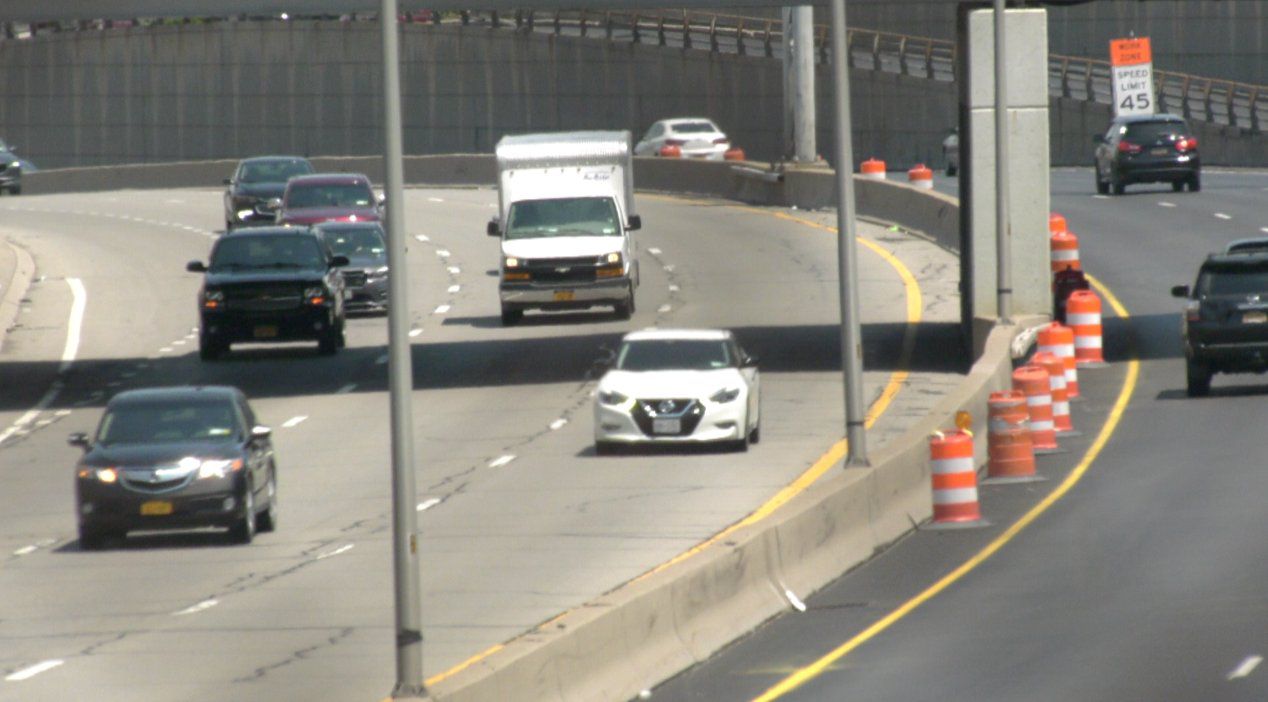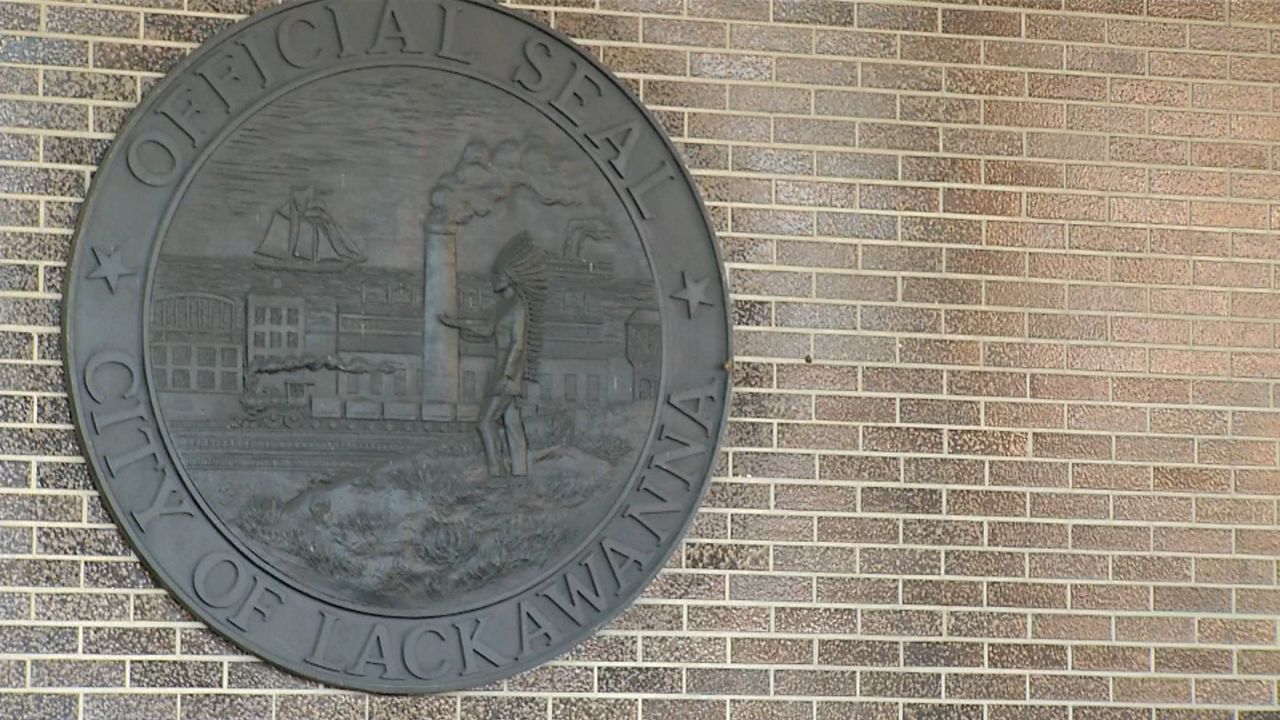BUFFALO, N.Y. — Ninety-six percent of health care workers members of 1199SEIU and CWA Local 1168 voted to authorize a strike against Kaleida Health.
Union representatives says members want safer staffing situations and competitive wage and benefit structure to recruit more employees and retain current staffing.
"They made it very clear to us over the last three days that they can't do this anymore," said Debora Hayes, Upstate New York area director for the Communication Workers of America.
"I think it's all up to Kaleida Health at this point,” Robert Andruszko, CWA Local 1168 executive vice president, said. “We have made significant proposals. We did receive a counterproposal today that's not even close to what we need to accomplish.”
While the unions authorized a strike, it doesn't necessarily mean they will strike. The vote grants them power to do so.
"We're back at the bargaining table today, and we're trying to continue to reach an agreement before ever considering that but our members are ready," said Andruszko.
John August, the director of health care labor relations at the Cornell School of Industrial Labor Relations, says strikes have been occurring all over the nation.
"I think it's too easy an out to say that the pandemic has illustrated and exacerbated long-standing workforce issues in the country, but there's no question that the pandemic has tightened the knot on what has been a decades-long crisis," August said.
He says in general the disruption is enormous for health care systems that have employees on strike. He says the causes for health care strikes include tremendous pressure for better access to health care, for lower cost, with better outcomes as well as tremendous stress, burnout and an unprecedented amount of vacancies.
"A solution to that is that when change develops, the workforce at the front line should be involved in that decision-making so that with the management of health care they can sort through and resolve these issues," August said.









